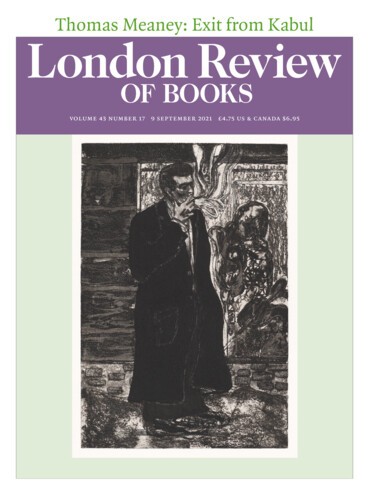Abraham Lincoln, memorialised as a child of the frontier, self-made man and liberator of the slaves, has been the subject of more than 16,000 books, according to David S. Reynolds’s new biography, Abe. That’s around two a week, on average, since the end of the American Civil War. Almost every possible Lincoln can be found in the historical literature, including the moralist who...
Abe: Abraham Lincoln in His Times by David S. Reynolds. The Zealot and the Emancipator: John Brown, Abraham Lincoln and the Struggle for American Freedom by H.W. Brands. Today, Abraham Lincoln is widely revered, while many Americans, including some historians, consider John Brown mad. Yet it was Brown’s strategy that brought slavery to an end. In a note written shortly before his death, Brown wrote: ‘The crimes of this guilty land will not be purged away but with blood.’





